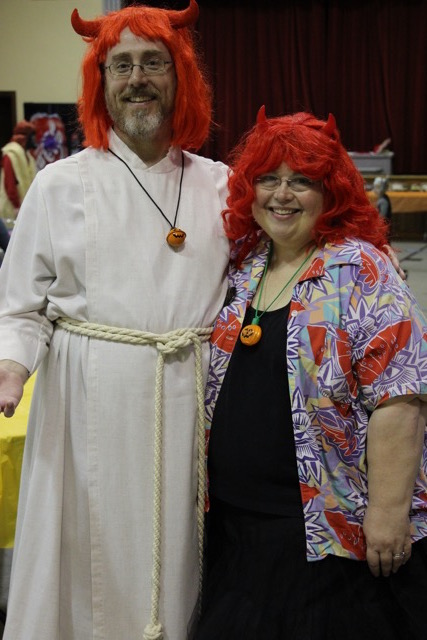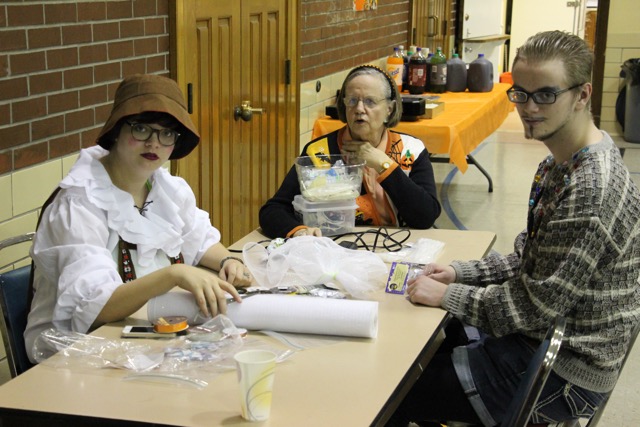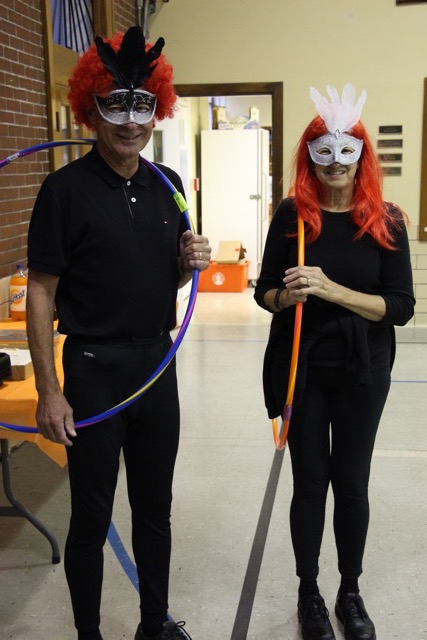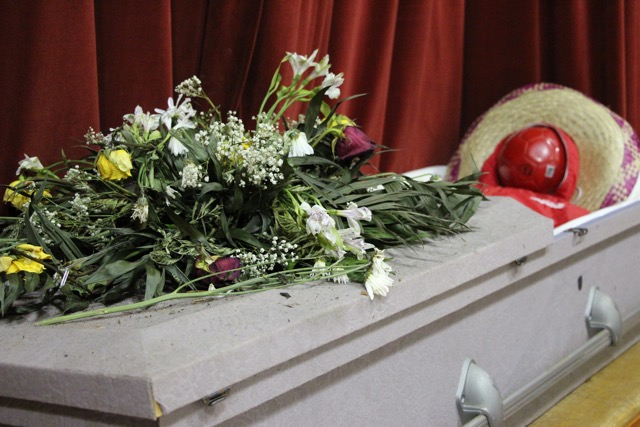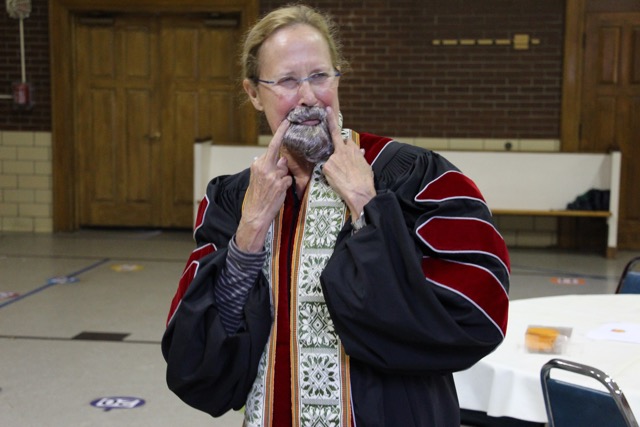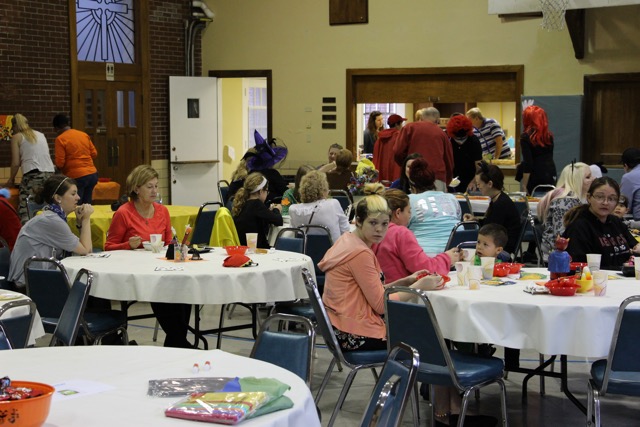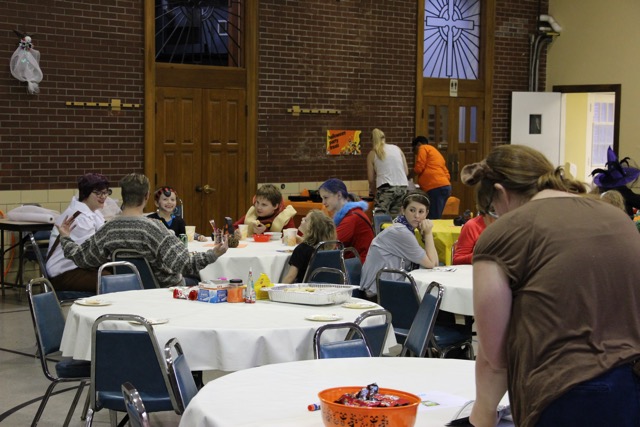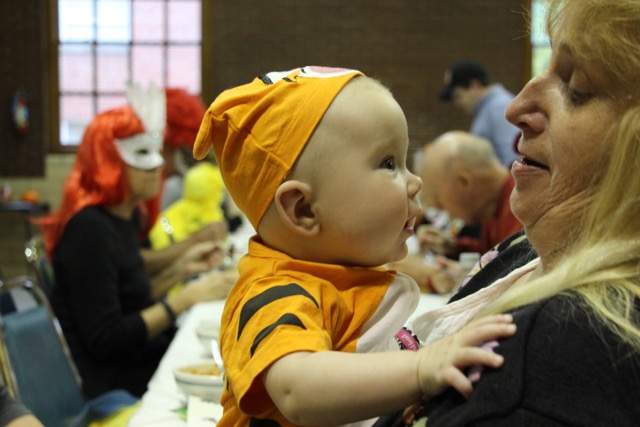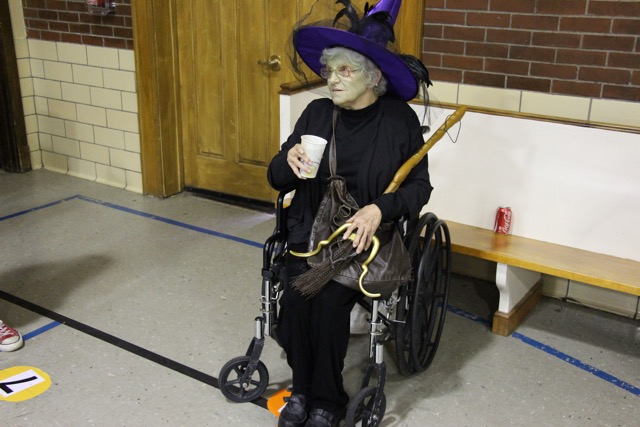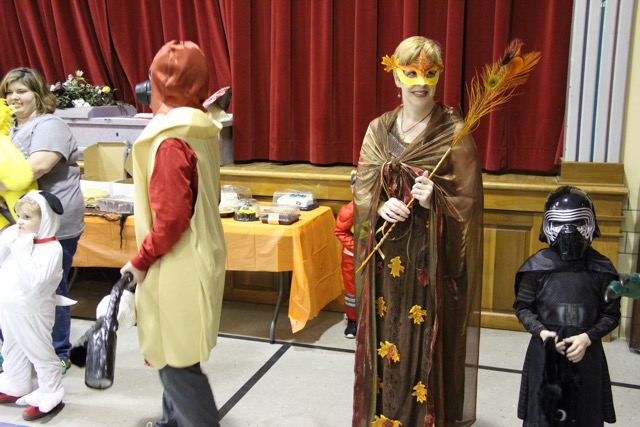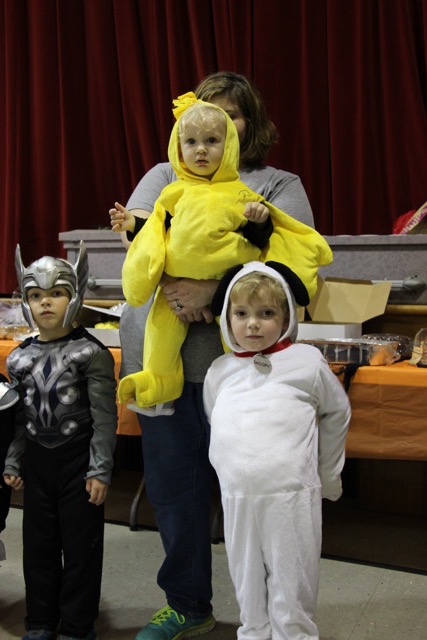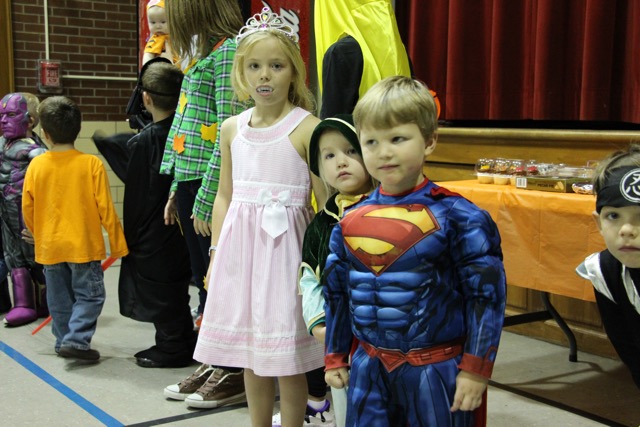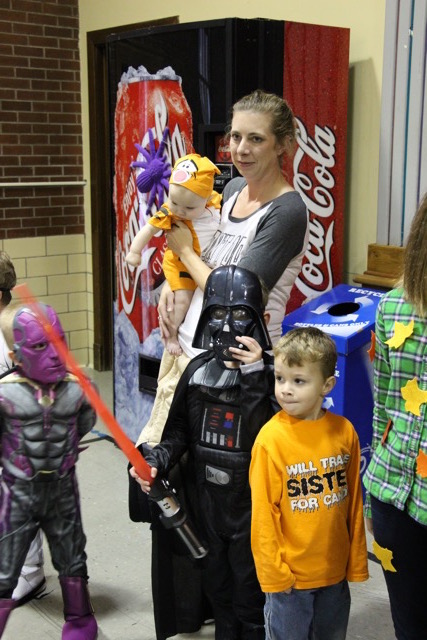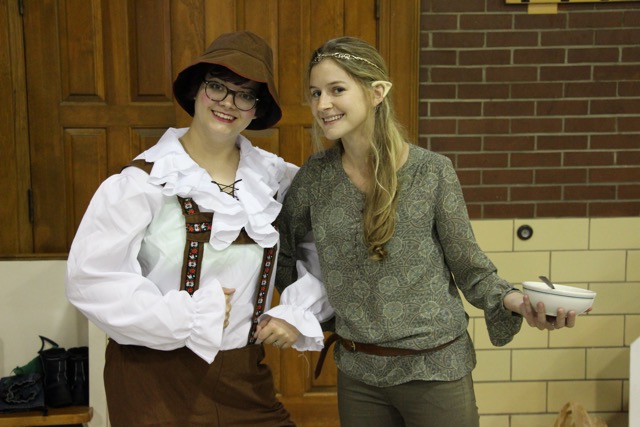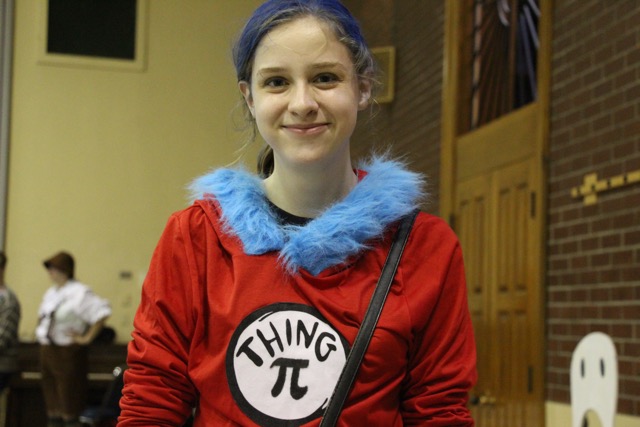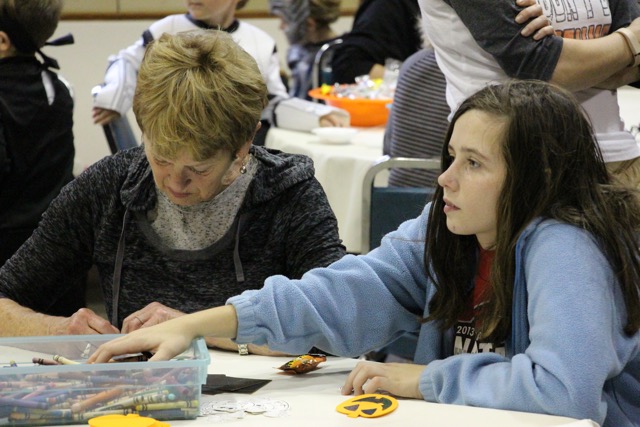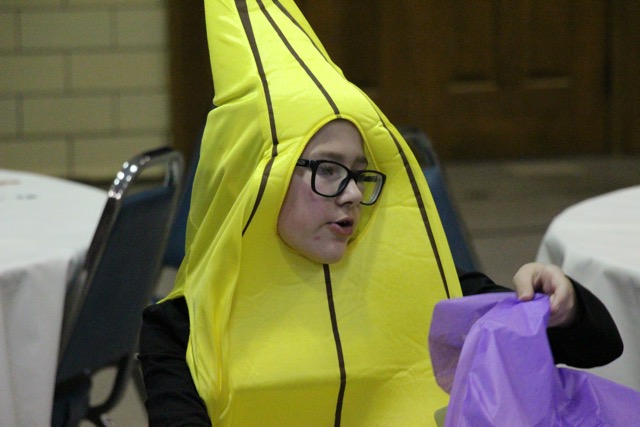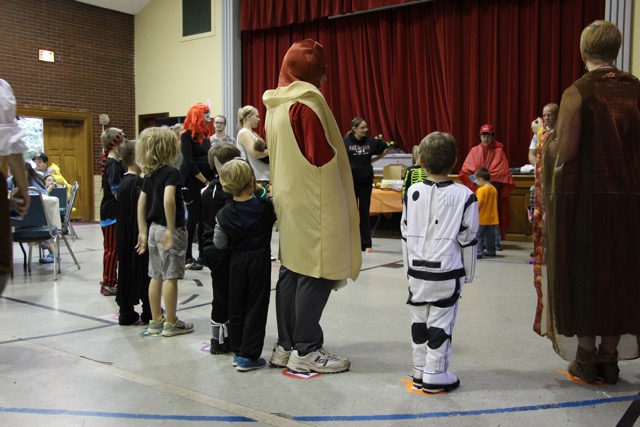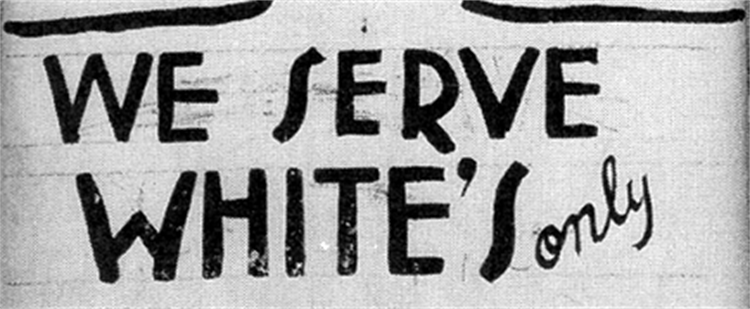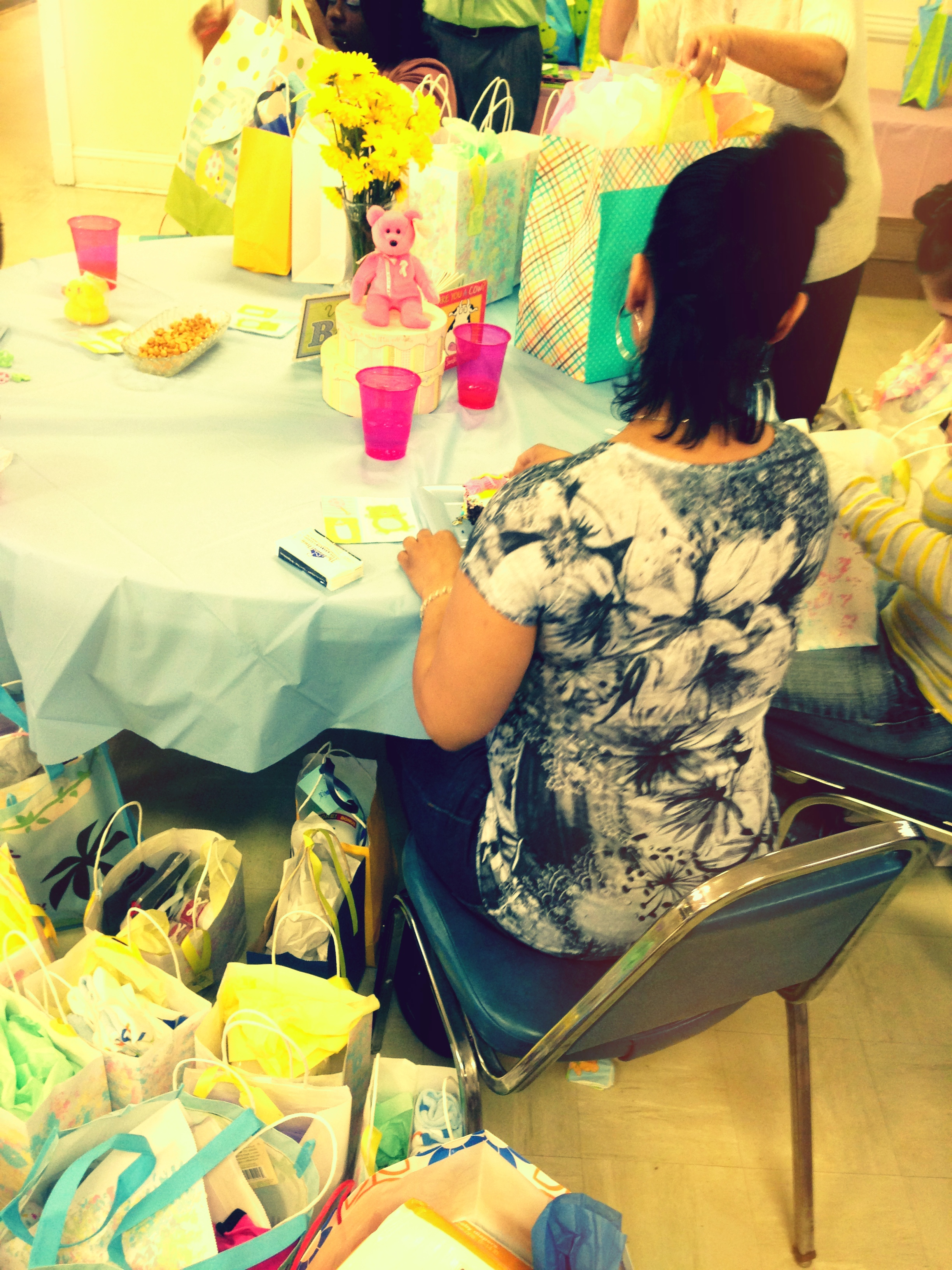I remember getting my first ministerial call as I prepared to graduate from seminary. Small town in the heart of Appalachia. The church was beautiful, a traditional Protestant downtown county seat kind of church.
The parsonage was nice … big. It had a large yard with an enormous swing set, new landscaping in the front. And to complete the perfect vocational/domestic idyll, the parsonage sat across the street from the fourth tee at the country club—to which the church bought me a membership.
So, back at the seminary I told my buddies about it … saving the country club part for last. Let’s be honest I was bragging. Looking back, I’m not proud of it. I was twenty-six and insensitive in that obnoxious way young people who figure they’ve got the world by the tail can be.
My pride didn’t even make it through that first conversation with my friends at seminary, however. Because after I finished recounting the glories of my new job, complete with the country club audio tour I wanted so badly to share, one of my friends, Marcus, spoke up and said, “Are you going to take that membership?”
I thought surely this must be a rhetorical question, because … really? Are you nuts? Of course, I’m taking it.
“Good for you. But let me ask you something: Can I come visit you at your new church?”
“You’reracis my friend. Of course.”
“Thank you. I appreciate that. Let me ask you another question: If you take me to play golf at your country club, will they let me play? Or will I have to caddy for you?”
Hearing those words hurt my heart. Marcus was my friend. So, it never occurred to me that a country club anywhere, including the South, might accept me but not my African-American friend.
LIke most middle class white kids, it never much occurred to me that a world of injustice exists, one that thrives beneath the horizon of my awareness. I knew about instances of unfairness, but it never occurred to me that those instances were connected on a deeper level.
But what struck me about Marcus’ question—beyond the fact that we still lived in a country where African-Americans could be refused access because of something as uncontrollable as the happenstance of birth—was my casual assumption that if I wasn’t being hurt by it, then nobody was.
For a couple of weeks we’ve watched as the implications of the Trayvon Martin/George Zimmerman fiasco unfold. Without rehashing all the details, it seems clear that Trayvon Martin’s race was more than just a coincidental factor in the confrontation that led to his death.
It would be easy for me to chalk this whole tragedy up to the problem with Stand-your-ground laws, which, as Walter Breuggemann has rightly pointed out, should be unthinkable to Christians—inviting violence as these laws do.
I could very easily look past this case as merely another instance of the breakdown of civility, another rending of the social fabric through an insistence that my life is more important than yours.
But I have dear sisters and brothers who, themselves African-American, see this case as just another illustration of how injustice is embedded in our society. And because they are my sisters and brothers, I have a responsibility to add my voice to theirs in drawing attention to a system that regularly puts a thumb on the scales of justice, disadvantaging people of color.
It doesn’t affect me, though, right? I wasn’t shot. I’m white. I’m generally not in danger of inviting violence because of how I look.
The popular assumption seems to be that we have varieties of injustice, complete with interest and advocacy groups for each. Which interest and advocacy groups dedicate themselves to seeking redress and reform for their particular cause. You take care of your stuff, because I’ve got my hands full taking care of my own.
In such a world, I need not be concerned so much with Trayvon Martin for two reasons: 1) I’m not African-American, so his death doesn’t seem to affect my world, and 2) there are already competent and passionate interest groups taking up his cause.
But beyond the laziness of such casual assumptions about somebody else doing the heavy lifting, the problem with thinking that I don’t have a responsibility to speak out about the racism baked into the American cake is a reality we don’t often name: racism isn’t a thing unto itself, but an expression of the larger problems of injustice and oppression committed by those in power against those who too often don’t have a voice. And that, my friends, affects us all … whether we realize it or not.
“The eye cannot say to the hand, ‘I have no need of you,’ nor again the head to the feet, ‘I have no need of you,’” (1 Cor. 12:21) is how Paul says it.
I cannot say to my African-American sisters and brothers, “I have no responsibility for you.”
I cannot say to my Hispanic sisters and brothers, “I know they’re ripping your families apart through deportation; I know they’re slandering your character, calling you unspeakable things for having committed the ‘crime’ of seeking to make a better life for those you love—but you should have thought of that before you crossed the border.”
I cannot say to my LGBT sisters and brothers, “I know you’ve felt like everybody’s favorite punching bag (sometimes literally); I know some of you are living on the streets or dying because you can no longer bear the hateful world we’ve made for you, but I’m straight, so I’ve got no dog in this fight.”
I cannot say to my sisters, “I know many of you live in fear that you’ll attract the unwanted attention of violent men; I know that you have to work harder to find a job that will pay you what you’re worth (or as is the case in my profession, that you’ll find a job at all), but you just need to quit being so ‘sensitive.’”
I cannot say to my sisters and brothers who live in other parts of the world, “I know that many of you cower in your homes, afraid of American bombs falling out of the sky; I know that you shrink behind locked doors, waiting for armed men to come crashing through; but if you’d have been smart enough to have been born in our country, you wouldn’t have to worry about that.”
I cannot say to my sisters and brothers without housing or adequate healthcare, “I know you worry about how you’ll make it through, but you’re just going to have to quit being lazy and get a job.”
It’s not enough for me to look after my own interests. It’s not enough for me to remain ignorant of the pain others experience. We’re connected in ways that make injustice a problem for all of us.
And if you follow Jesus, if you seek to participate in the unfolding reign of God, you don’t get to choose which injustices you care about. Racism, being anti-immigrant, homophobia, sexism, militarism, poverty … these are all presenting symptoms of the much larger disease of injustice that is at odds with what God desires for those whom God created and loves.
Here’s the thing: Since I happen to be an activist for a particular cause, I can too easily forget that I have sisters and brothers suffering from different forms of injustice to whom I need to offer my support. But they ought to be able to count on me to stand by their side … even if the issue doesn’t affect me directly. Because if I claim to follow Jesus, then—all appearances to the contrary notwithstanding—it does.
According to Paul, when you run headlong into the wall of oppression and injustice, I get bruises too.
I think Marcus would agree with me.


